Following its much-anticipated release, Christopher Nolan's Oppenheimer became a critical and commercial success right out of the gate. The landmark cinematic event traces the development of the atomic bomb under the direction of J. Robert Oppenheimer during World War II and features no shortage of memorable quotes, quips, monologs, and witty exchanges between historical figures to underscore its message.
Running more than three hours long, Nolan often keeps his audience on the edge of their seats through gripping dialogue featured in the terrific screenplay he co-wrote with Kai Bird and Martin Sherwin. As such, it's time to highlight the best and most unforgettable quotes in Oppenheimer.
10 "Prometheus stole fire from the gods and gave it to man. For this, he was chained to a rock and tortured for eternity." - Opening Caption
In an opening caption that instantly establishes the thematic weight of the movie, a classic quote from Greek mythology lays out J. Robert Oppenheimer's dilemma. Torn between his desire to create atomic energy to help his country during the war and potentially destroying innocent victims in the process, the quote gets to the heart of Oppenheimer's existential quandary.
In Greek Mythology, Prometheus was condemned after stealing fire from the Gods and bestowing it on humanity. By starting the movie with such a quote, Nolan draws a direct parallel between Prometheus and Oppenheimer to brilliantly underscore his personal and professional conflict that stands to bear dire ramifications.
9 "Are you saying there's a chance we destroy the world?" - Leslie Groves
Matt Damon plays General Leslie Groves in the acclaimed Christopher Nolan movie. Groves works directly with Oppenheimer on the Manhattan Project and oversees his progress. With major advancements made, Groves articulates the enormous stakes of unleashing the atomic bomb by asking Oppenheimer if his work will result in the end of civilization.
In addition to establishing the unthinkable doomsday scenario of the atomic bomb, the rest of the exchange perfectly encapsulates the tension between Oppenheimer and Groves. Oppenheimer retorts by saying "The chances are near zero." Pushing back, Groves quips, "Zero would be nice," a humorous rebuttal demonstrating their relationship.
8 "It's not a new weapon. It's a new world." - Niels Bohr
In Oppenheimer, Sir Kenneth Branagh makes his ominous presence felt during his brief scene as Danish physicist Niels Bohr. After being liberated from Nazi-occupied Europe, Bohr served as a friend and mentor to Oppenheimer and gave him a shrewd piece of advice.
Upon meeting with Oppenheimer, Bohr gives him an all-too-prescient precaution relating to the atomic bomb. By telling Oppenheimer that, "It's not a new weapon. It's a new world," Bohr communicates that once nuclear energy becomes the norm, there is no going back ever again. While Oppenheimer may be too close to the forest to see the trees, Bohr has his eye on the big picture and tries to warn his apprentice of what the future will look like if he continues to develop the bomb.
7 "God doesn't play dice." - Lewis Strauss
Robert Downey Jr. gives a superb performance in Oppenheimer as Lewis Strauss, who served as the Chairman of the U.S. Atomic Energy Commission. Before secretly bringing Oppenheimer's mission down, Strauss delivers one of the pithiest quotes relating to the risks of using the atomic bomb.
When Oppenheimer expresses confidence in his work, Strauss pushes back by using a famous quote from Albert Einstein. As soon as Straus utters the infamous quote "God doesn't play dice," Oppenheimer knows that he no longer has the Chairman's blessing to take such a big gamble. The subatomic particles used to make the bomb are far too unpredictable to calculate probable outcomes and Strauss' reminder forces Oppenheimer to devise new methods.
6 "You don't get to commit sin and then ask us all to feel sorry for you when there are consequences." - Kitty Oppenheimer
Emily Blunt portrays Oppenheimer's wife, Kitty. Once Kitty learns that Oppenheimer's mistress Jean Tatlock committed suicide, she takes the opportunity to vent years of pent-up frustration by berating her husband with a much-deserved quote.
Much like Oppenheimer's creation of the bomb, his affair with Tatlock was something he felt was necessary at the time but later felt guilt and remorse. Therefore, Kitty's quote serves as a scathing double entendre. When she mentions committing sin, she is referring to his infidelity as well as his atomic bomb creation, two life-altering events that Oppenheimer is forced to live with.
5 "They won't fear it until they understand it. And they won't understand it until they use it." - J. Robert Oppenheimer
According to the old adage by Andrew Smith, "People fear what they don't understand and hate what they can't conquer." The famous quote is brilliantly subverted in Oppenheimer when the title character states the contrary. In Oppenheimer's view, people will fear the atomic bomb once the more they understand it.
In an even more chilling stand-out moment in the Nolan film, Oppenheimer adds, "And they won't understand it until they use it." The quote marks a point in the movie when Oppenheimer is no longer in the realm of theory. He's now considering the consequences of the bomb's practical application and essentially opines that the only way to accept nuclear energy as commonplace is to use it repeatedly.
4 "We've got one hope: Antisemitism." - J. Robert Oppenheimer
A significant plot in Oppenheimer involves the race between the Americans and the Nazis to create nuclear energy during World War II. When speaking with General Leslie Groves, Oppenheimer states that he believes Americans will prevail due to the Nazis' widespread antisemitism. As a Jewish descendant himself, Oppenheimer makes a hopeful statement that is both personal and professional.
Indeed, many of the key figures who worked on the Manhattan Project were of Jewish descent, including Leo Szilard and Edward Teller. By making such a rousing moral declaration as "We've got one hope: Antisemitism," Oppenheimer proves he was on the right side of history despite the rampant persecution at the time.
3 "Amateurs chase the sun and get burned... power stays in the shadows." - Lewis Strauss
At first blush, Strauss conveys support for Oppenheimer and The Manhattan Project. When it is later revealed that Strauss was responsible for Oppenheimer's removal from power, he utters a chilling quote that exposes the corrupt politicians who operate behind the scenes in the shadows.
Poetic and portentous, the quote is almost Shakespearean in nature. "Chasing the Sun" also calls to mind the Greek myth of Icarus, whose unbridled hubris led to his ultimate downfall in ways that parallel Oppenheimer's own life. Meanwhile, Strauss' villainous turn in the final act of the movie supports his assertion that "power stays in the shadows," as he's been organizing Oppenheimer's downfall for years. Of course, the superb way Downey Jr. performs the line makes it unforgettable.
2 "Now I am become death, the destroyer of worlds." - J. Robert Oppenheimer
Pulled from the ancient Hindu text the Bhagavad Gita, the guilt-ridden admission of Oppenheimer's work shows up twice in the movie. The first comes during an early sex scene with Tatlock and the other comes much later following the results of the Trinity Test in Los Alamos. In real life, Oppenheimer famously stated the quote in the NBC Documentary The Decision to Drop the Bomb, which aired two decades after the bombing of Hiroshima and Nagasaki.
Beyond the historical import of the iconic quote, Oppenheimer's admission of his role in The Manhattan Project is candidly telling. The confession proves that Oppenheimer has finally come to grips with his role and responsibility in the creation of the atomic bomb and takes full accountability for his actions. With the literal weight of the world on his shoulders, Oppenheimer's greatest contribution also proved to be his greatest curse, a sentiment the quote perfectly reflects.
1 "I believe we did." - J. Robert Oppenheimer
The staggering final scene of the movie finds Oppenheimer meeting with Albert Einstein after time to reflect on his actions. Oppenheimer tells Einstein that, "When I came to you with those calculations...we thought we might start a chain reaction that would destroy the entire world." Following a pregnant pause, Oppenheimer adds, "I believe we did."
The haunting final words of the movie land like a heavyweight gut punch thanks to Cillian Murphy's command as Oppenheimer. The quote shows that, despite his scientific brilliance and monumental contributions to his country, Oppenheimer ultimately felt that he did more harm than good for the world.
Worse yet, Oppenheimer deeply regrets his life work and believes he will be personally responsible for the impending end of the world. It's a terrifying cautionary quote that reminds viewers of the existential dangers nuclear energy still poses several decades later.
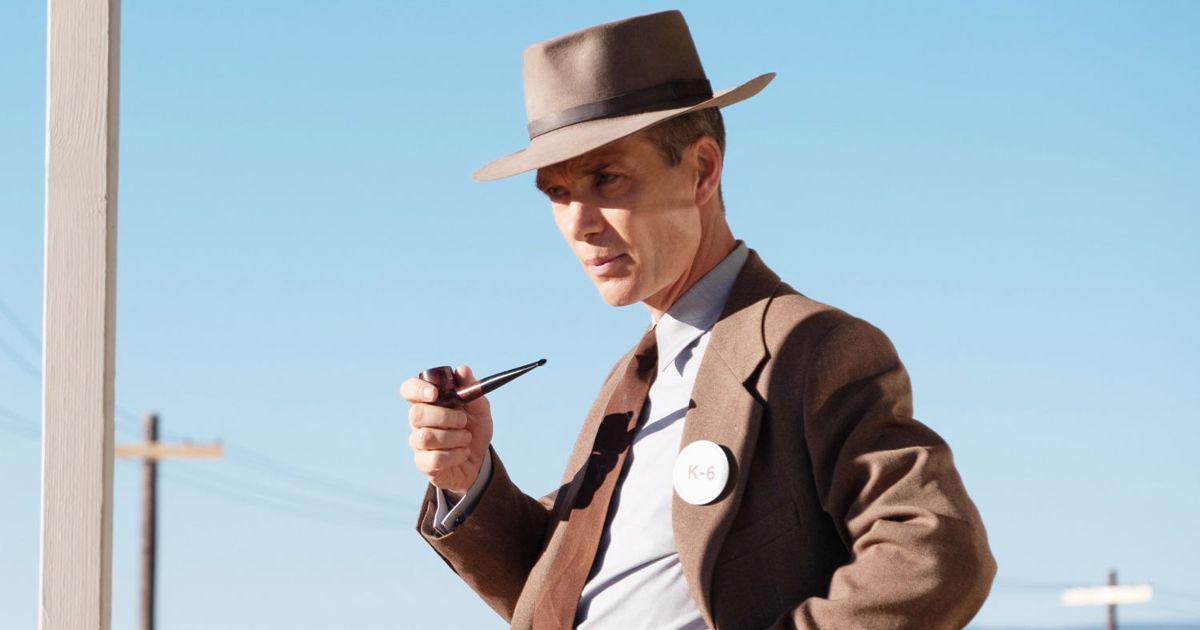
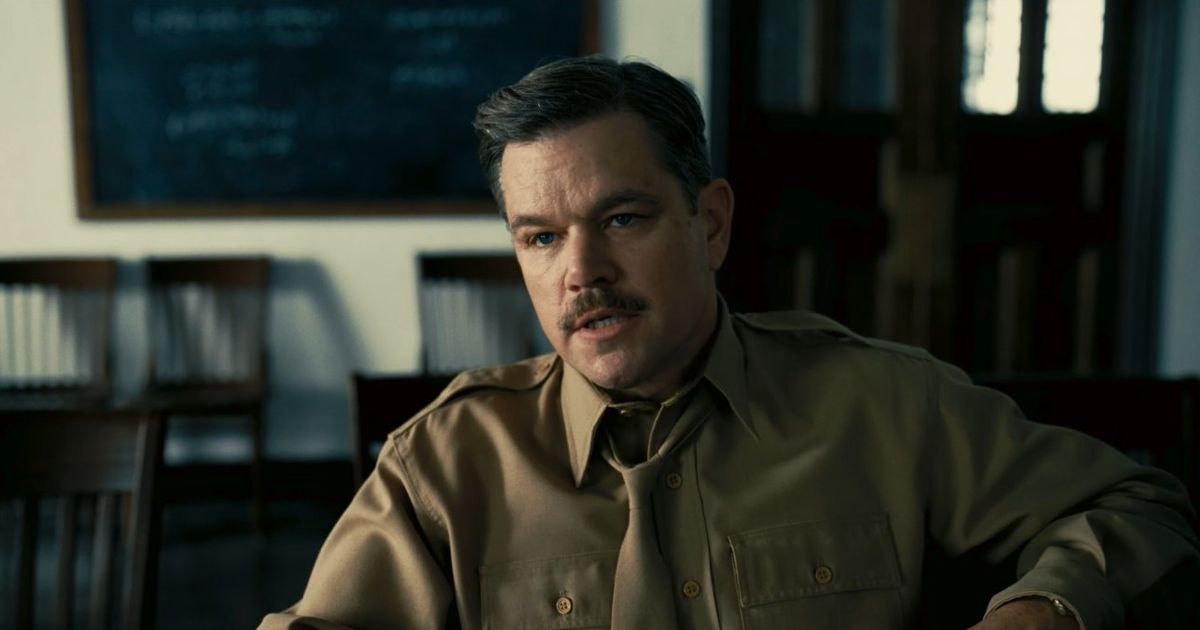
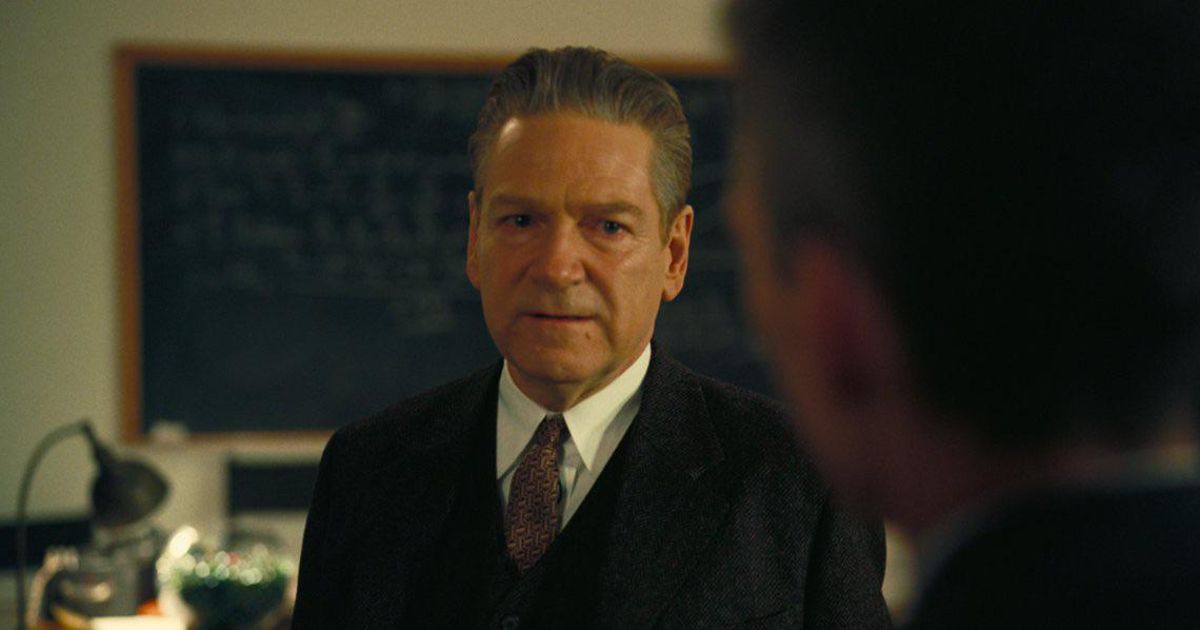
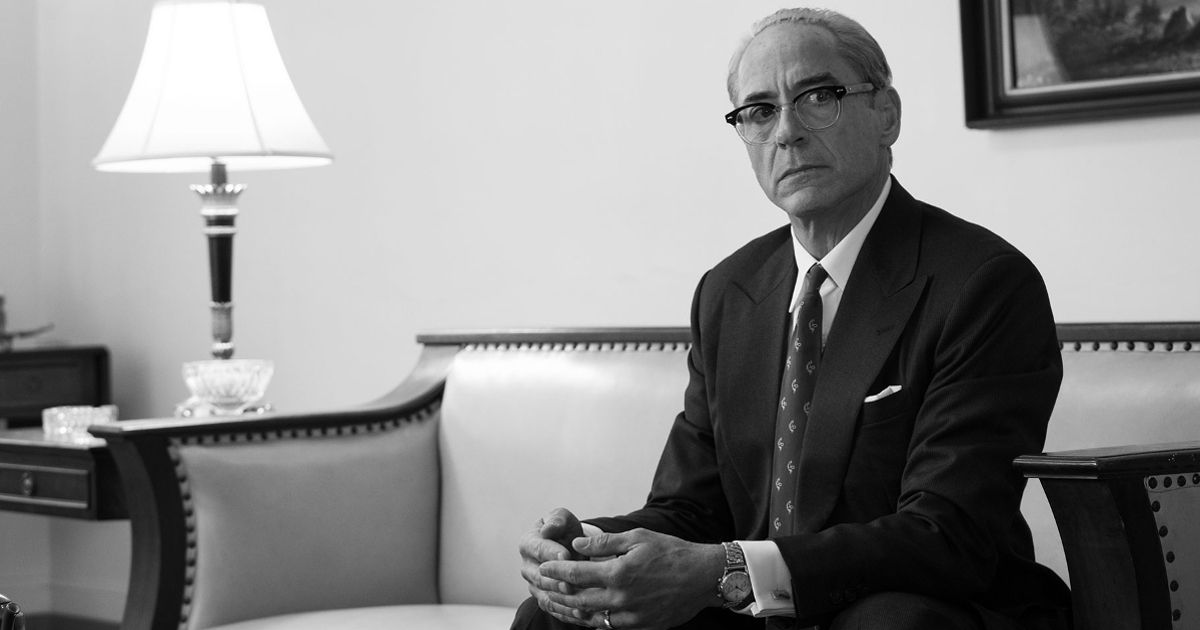
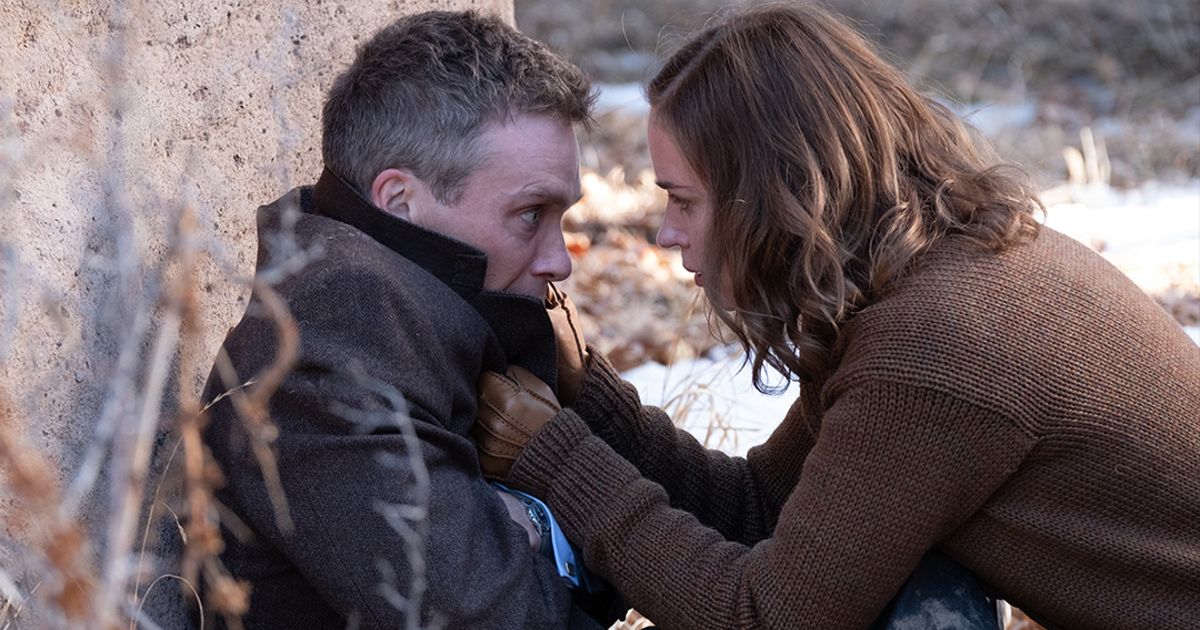
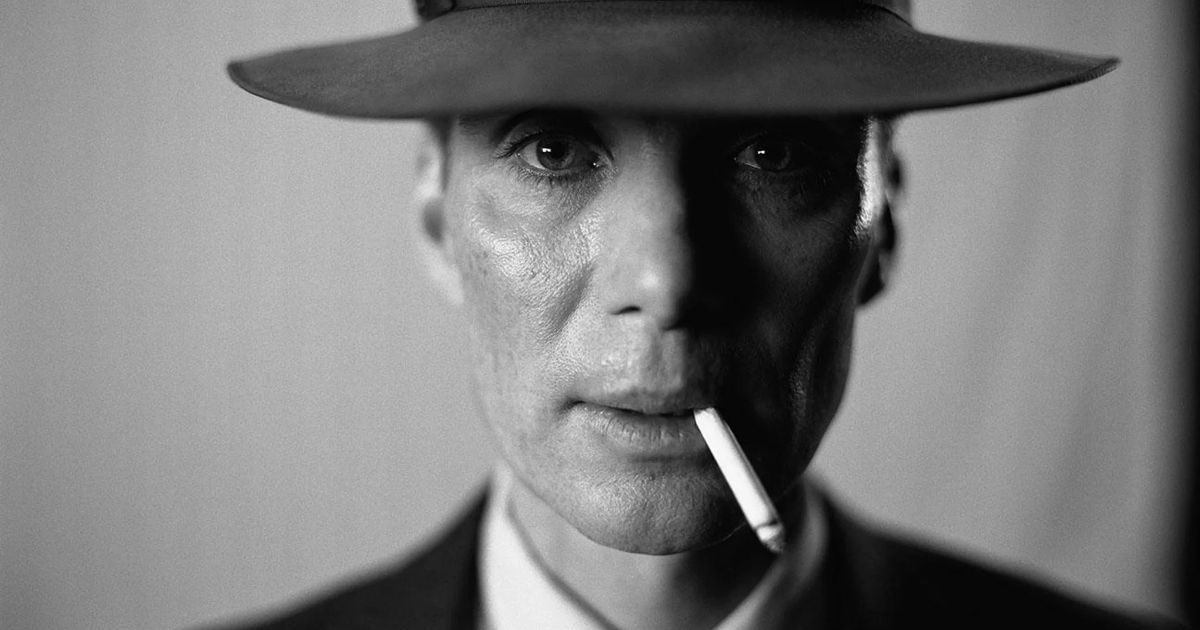
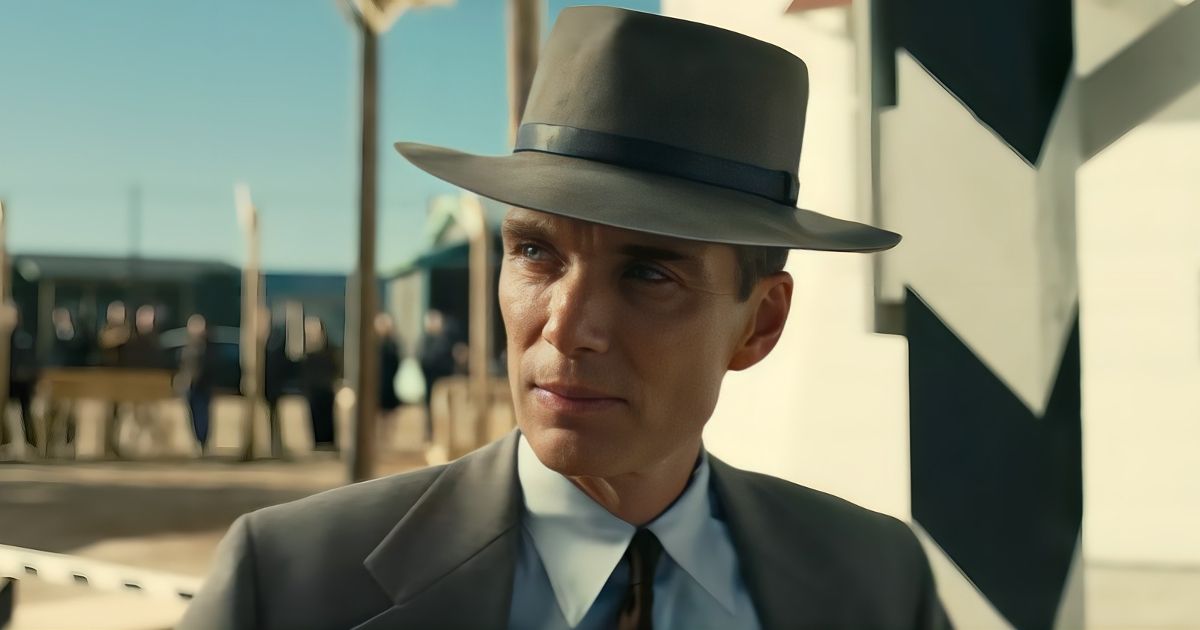

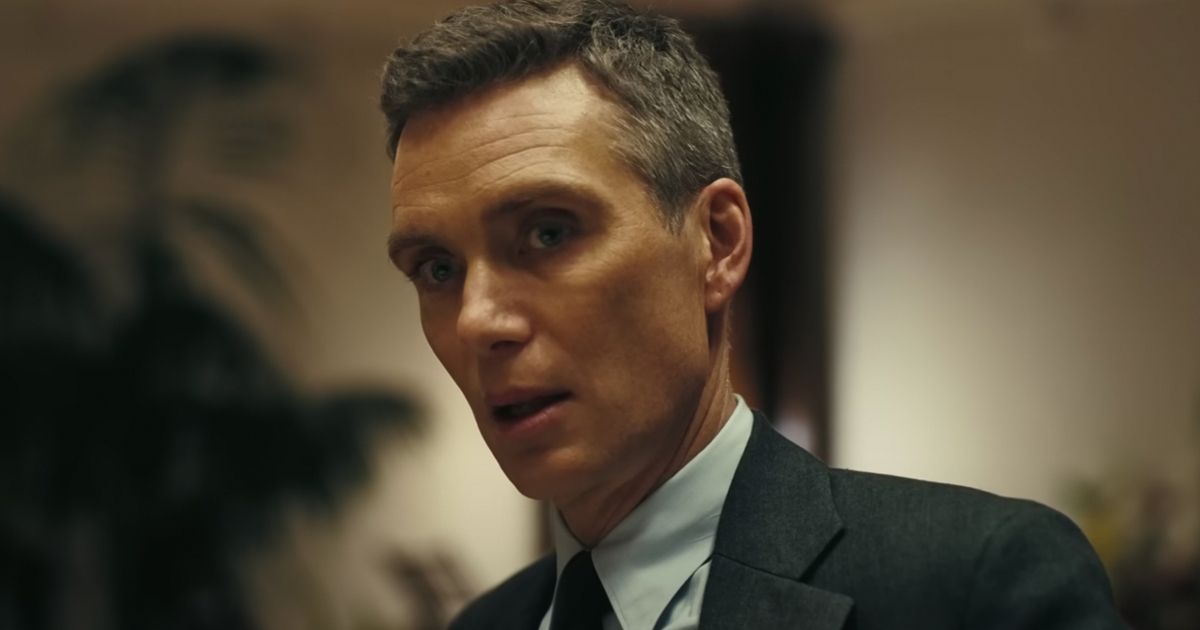
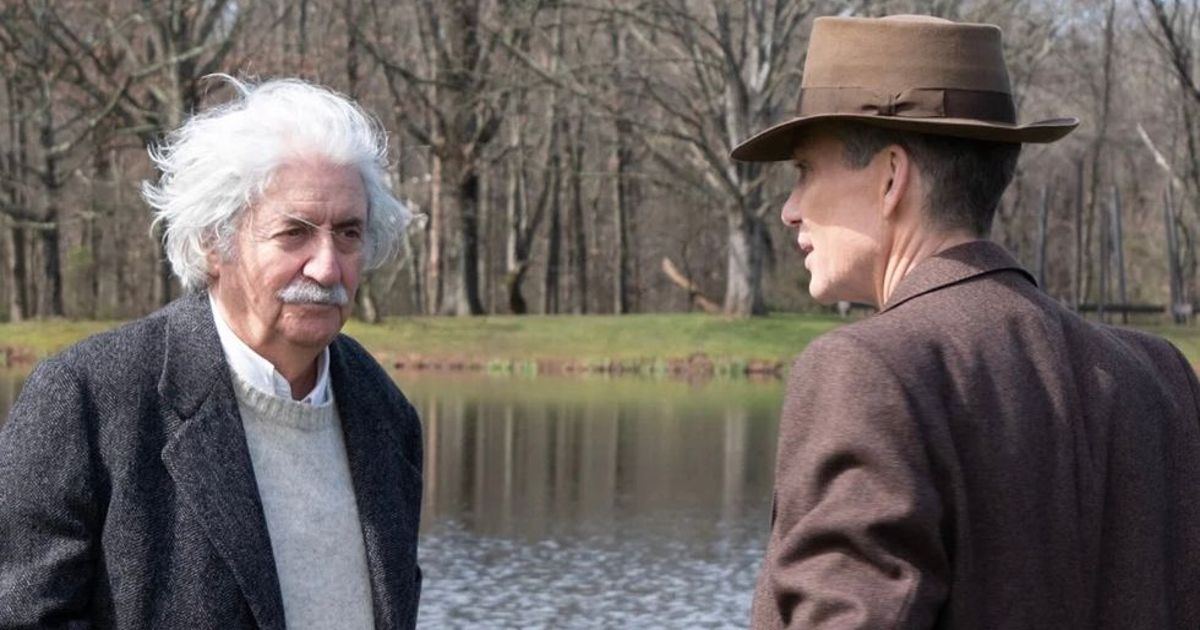
Comments
Post a Comment